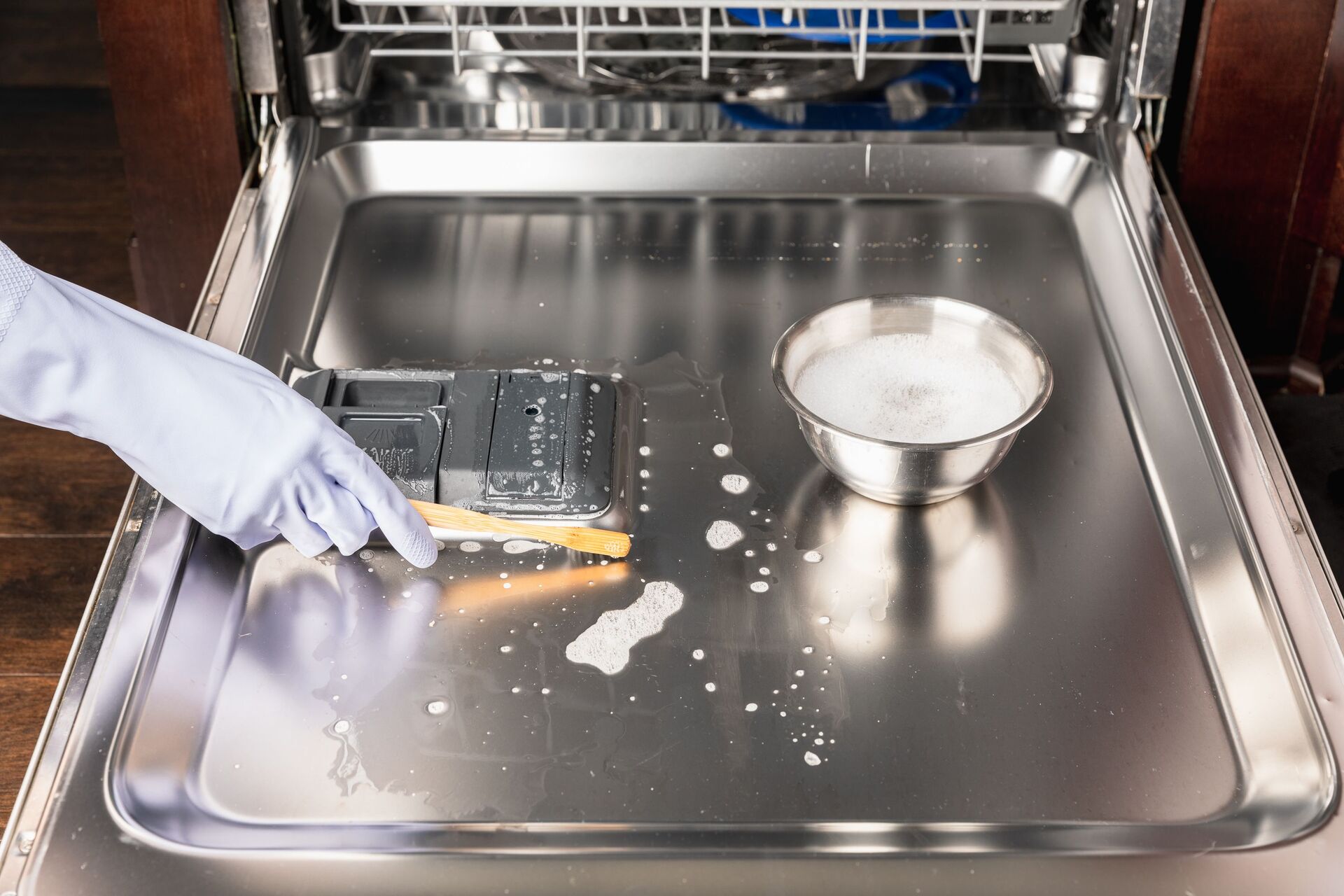

Articles
How Often Should You Clean Dishwasher
Modified: January 18, 2024
Learn how often you should clean your dishwasher to ensure optimal performance and longevity. Discover expert tips in this informative article.
(Many of the links in this article redirect to a specific reviewed product. Your purchase of these products through affiliate links helps to generate commission for Storables.com, at no extra cost. Learn more)
Introduction
Welcome to the ultimate guide on how frequently you should clean your dishwasher. While dishwashers are a modern convenience that make our lives easier, it’s important to remember that they also need regular maintenance to perform at their best. Cleaning your dishwasher not only ensures sparkling clean dishes, but also prolongs its lifespan and prevents potential issues.
Many people assume that since dishwashers clean our dishes, they must inherently stay clean as well. However, over time, food particles, grease, and soap scum can accumulate in the nooks and crannies of the dishwasher, leading to unpleasant odors, reduced effectiveness, and even potential damage.
In this article, we’ll explore the importance of cleaning your dishwasher, signs that indicate it needs cleaning, factors that affect the cleaning frequency, and the recommended cleaning frequency for dishwashers. We’ll also provide you with a step-by-step guide to help you effectively clean your dishwasher and share common mistakes to avoid during the process. Finally, we’ll offer some tips to help you maintain a clean dishwasher for the long term.
So, if you’re ready to take your dishwasher maintenance to the next level, let’s dive in!
Key Takeaways:
- Regularly cleaning your dishwasher ensures optimal performance, clean dishes, and a hygienic kitchen environment, prolonging its lifespan and saving on energy and water bills.
- Factors like usage, water hardness, and dishwasher model influence the recommended monthly cleaning frequency, with additional cleanings needed for heavy usage and hard water areas.
Importance of Cleaning Your Dishwasher
Cleaning your dishwasher regularly is crucial for several reasons. First and foremost, it ensures that your dishwasher functions at its optimal level. Over time, food particles and debris can build up in the filters, spray arms, and other components of the dishwasher, causing clogs and hindering the cleaning process. By cleaning your dishwasher, you can keep these parts free from any blockages, allowing the water and detergent to reach all the dishes effectively.
Regular dishwasher cleaning also helps maintain the cleanliness of your dishes. If your dishwasher is not cleaned regularly, the accumulated grime and residue can transfer onto your dishes, leaving behind spots, stains, and a less-than-pleasant odor. Cleaning your dishwasher helps eliminate these issues and ensures that your dishes come out clean and fresh.
Another important reason to clean your dishwasher is to prevent the growth of bacteria and mold. The warm and moist environment inside the dishwasher can be a breeding ground for harmful microorganisms. By cleaning your dishwasher, you can remove any food remnants that may serve as a food source for bacteria and eliminate any mold or mildew that may have started to grow.
Furthermore, regularly cleaning your dishwasher can extend its lifespan. By removing built-up debris and residue, you reduce the chances of parts becoming damaged or clogged, which can lead to costly repairs or even the need for a replacement. A well-maintained dishwasher will also run more efficiently, saving you money on energy and water bills.
Lastly, cleaning your dishwasher is essential for maintaining a fresher and more pleasant kitchen environment. A dirty dishwasher often emanates unpleasant odors that can permeate your entire kitchen. By regularly cleaning your dishwasher, you can eliminate these odors and keep your kitchen smelling clean and inviting.
Overall, cleaning your dishwasher is not just a matter of hygiene and convenience, but also an investment in the longevity and effectiveness of your appliance. Now that we understand the importance of cleaning our dishwashers, let’s explore the signs that indicate it’s time for a cleaning.
Signs Your Dishwasher Needs Cleaning
While it’s essential to clean your dishwasher regularly, there are certain signs that indicate when it needs immediate attention. By being aware of these signs, you can address any cleaning issues promptly and prevent further damage or deterioration to your dishwasher. Here are some common signs that your dishwasher needs cleaning:
- Unpleasant Odors: If you notice a lingering, unpleasant smell coming from your dishwasher, it’s a clear sign that it needs cleaning. This odor could be due to the build-up of food particles, grease, and soap scum inside the dishwasher.
- Spots and Stains: If your dishes are coming out of the dishwasher with spots, stains, or a cloudy film, it’s an indication that there may be a build-up of mineral deposits or food residue inside the dishwasher.
- Clogged Filters: A clogged filter will hinder the dishwasher’s ability to drain properly. If you find that water is not draining properly or if there is standing water at the bottom of your dishwasher after a cycle, it’s a sign that the filters need to be cleaned.
- Noisy Operation: Excessive noise during the dishwasher’s operation can be a sign of debris or hard water deposits interfering with the functioning of various components. Cleaning your dishwasher can help eliminate the noise and ensure smooth operation.
- Reduced Cleaning Performance: If your dishes are not coming out as clean as they used to or if you notice food particles or residue on them after a wash cycle, it means that your dishwasher is not performing at its best and requires cleaning.
- Visible Build-up: Take a look inside your dishwasher. If you see visible signs of build-up, such as greasy residue, mineral deposits, or mold/mildew growth, it’s crucial to clean your dishwasher to prevent further accumulation.
If you observe any of these signs, it’s a clear indication that your dishwasher needs cleaning. Ignoring these signs can result in unsatisfactory cleaning results, unpleasant odors, and potential damage to your dishwasher. Now that we know when to clean our dishwashers, let’s explore the factors that affect the frequency of cleaning.
Factors Affecting Cleaning Frequency
The frequency at which you should clean your dishwasher depends on several factors. Understanding these factors will help you determine the optimal cleaning schedule for your specific dishwasher and usage. Here are the key factors that can influence the cleaning frequency:
- Usage: The frequency at which you use your dishwasher plays a significant role in determining how often it needs cleaning. If you use your dishwasher daily, there is a higher likelihood of food particles and debris accumulating faster, requiring more frequent cleaning. However, if you use your dishwasher less frequently, you may be able to clean it less frequently as well.
- Water Hardness: The hardness of your water supply can impact the frequency of dishwasher cleaning. Hard water contains high levels of minerals like calcium and magnesium, which can lead to the build-up of scale and deposits inside your dishwasher. If you have hard water, you may need to clean your dishwasher more frequently to prevent these deposits from affecting its performance.
- Dishwasher Age and Model: Older dishwasher models may not have advanced cleaning features, such as self-cleaning filters or sensors, which can help reduce the frequency of manual cleaning. Additionally, certain dishwasher models may require more frequent cleaning due to their design or specific maintenance requirements. Consult your dishwasher’s manual for manufacturer recommendations.
- Type of Dishes and Food Residue: The type of dishes you regularly load into your dishwasher and the amount of food residue left on them can impact cleaning frequency. If you frequently load dishes with stubborn food particles or heavily soiled items, it may be necessary to clean your dishwasher more frequently.
- Environmental Factors: The environmental conditions in your kitchen can also affect the cleanliness of your dishwasher. For instance, kitchens with high humidity levels or poor ventilation may be more prone to mildew or mold growth, necessitating more frequent cleaning.
Considering these factors can help you determine the ideal cleaning frequency for your dishwasher. It’s important to find a balance that ensures your dishwasher remains clean and performs optimally without overburdening you with excessive cleaning tasks. In the next section, we’ll explore the recommended cleaning frequency for dishwashers.
Recommended Cleaning Frequency for Dishwashers
The recommended cleaning frequency for dishwashers can vary depending on factors such as usage, water hardness, and dishwasher model. However, as a general guideline, it is recommended to clean your dishwasher at least once every month.
Cleaning your dishwasher on a monthly basis helps prevent the build-up of food particles, grease, and residue that can affect its performance. Regular maintenance also ensures that your dishwasher remains odor-free and keeps your dishes clean and fresh.
However, in some cases, you may need to clean your dishwasher more frequently. Here are a few situations where more frequent cleaning may be necessary:
- Heavy Usage: If you use your dishwasher daily or have a large household with heavy dishwashing needs, you may need to clean your dishwasher every two to three weeks to prevent residue build-up.
- Hard Water: If you have hard water, characterized by high mineral content, you may need to clean your dishwasher more often to prevent scale and mineral deposits. In areas with very hard water, cleaning every two weeks or even weekly may be necessary.
- Visible Build-up: If you notice visible signs of build-up, such as greasy residue or mineral deposits, it’s a clear indication that your dishwasher needs immediate cleaning, regardless of the regular maintenance schedule.
- Mold or Mildew Growth: If you see any signs of mold or mildew growth inside your dishwasher, it’s important to clean it thoroughly right away to prevent the spread of bacteria and ensure a hygienic environment.
Keep in mind that these recommended cleaning frequencies are general guidelines. Factors like dishwasher age, specific model, and personal preference can influence how often you should clean. It’s always a good idea to refer to your dishwasher’s manual for manufacturer recommendations and adjust the cleaning frequency based on your specific needs.
Next, let’s move on to the practical aspect of cleaning your dishwasher. We’ll provide you with a step-by-step guide to help you effectively clean and maintain your dishwasher.
It is recommended to clean your dishwasher at least once a month to prevent build-up of food particles, grease, and soap scum. Use a dishwasher cleaner or a mixture of vinegar and baking soda for a thorough clean.
Read more: How Often Should You Clean A Kitchen?
Step-by-Step Guide to Cleaning Your Dishwasher
Cleaning your dishwasher may seem like a daunting task, but with the right approach, it can be a straightforward and effective process. Follow these step-by-step instructions to clean your dishwasher and keep it running smoothly:
- Empty the dishwasher: Start by removing all dishes and utensils from the dishwasher, ensuring it is completely empty before you begin the cleaning process.
- Remove and clean the filter: Locate the dishwasher filter, usually found at the bottom of the dishwasher. Twist or unlock the filter to remove it. Rinse the filter under warm water to remove any debris and food particles. If it’s heavily soiled, you can use a soft brush and mild detergent to scrub it gently. Rinse it thoroughly and place it back in the dishwasher.
- Inspect and clean the spray arms: Check the spray arms for any clogs or debris. If needed, remove the spray arms and clean them using a soft brush and warm, soapy water. Rinse them thoroughly and reattach them to the dishwasher.
- Clean the door and seals: Wipe down the inside of the dishwasher door using a damp cloth or sponge. Pay special attention to the door seals to remove any accumulated dirt or grime. If necessary, you can use a toothbrush dipped in a mixture of water and mild detergent to clean the seals more effectively.
- Run a cleaning cycle: Fill a dishwasher-safe cup or bowl with white vinegar and place it on the top rack of the empty dishwasher. Run a hot water cycle on a heavy-duty or cleaning mode. The vinegar will help remove any built-up residue, grease, or odors from the dishwasher.
- Wipe down the interior: After the cleaning cycle, carefully wipe down the interior of the dishwasher with a clean cloth or sponge to remove any remaining residue or moisture.
- Clean the exterior: Don’t forget to clean the exterior of your dishwasher as well. Use a damp cloth or sponge to wipe down the control panel, handle, and sides of the dishwasher.
- Run an empty rinse cycle: Finally, run an empty rinse cycle to ensure that any remaining vinegar or cleaning solution is thoroughly rinsed away.
Following these steps regularly will help keep your dishwasher clean and functioning optimally. Remember to consult your dishwasher’s manual for any specific cleaning instructions or recommendations from the manufacturer.
Now that you know how to clean your dishwasher, let’s take a look at some common mistakes to avoid during the cleaning process.
Common Mistakes to Avoid While Cleaning
Cleaning your dishwasher is important, but it’s equally important to ensure that you are following the right methods and avoiding common cleaning mistakes. Here are some common mistakes to avoid while cleaning your dishwasher:
- Using harsh chemicals: Avoid using harsh chemicals, bleach, or abrasive cleaners when cleaning your dishwasher. These can damage the interior and the components of the dishwasher. Stick to gentle and dishwasher-safe cleaning agents like vinegar or mild dish soap.
- Not removing debris: Before cleaning your dishwasher, ensure that you remove any visible debris or food particles. Cleaning over debris can push it further into the dishwasher and cause clogs in the spray arms or drain.
- Skipping the filter: The dishwasher filter plays a crucial role in collecting food particles and debris. Skipping the step of cleaning the filter can lead to reduced performance and unpleasant odors. Make sure to remove and clean the filter regularly.
- Overloading the dishwasher: Overloading the dishwasher can compromise its cleaning ability and may lead to residue build-up. Allow adequate space between dishes for proper water circulation and cleaning.
- Neglecting the seals: The door seals of your dishwasher can accumulate dirt or residue over time. Neglecting to clean them can result in mold growth and compromised sealing. Regularly wipe down the seals to maintain a clean and functional dishwasher.
- Not cleaning the spray arms: The spray arms distribute water for cleaning the dishes. If they are clogged or dirty, it can impact the dishwasher’s performance. Don’t forget to remove and clean the spray arms to ensure they are free from debris and minerals.
- Skipping regular maintenance: Even if your dishwasher appears clean, it’s important to perform regular maintenance tasks as recommended by the manufacturer. This may include descaling, checking for leaks, or cleaning specific components. Skipping regular maintenance can lead to future problems and reduced lifespan of your dishwasher.
- Not following manufacturer instructions: Every dishwasher is unique, so it’s essential to follow the specific instructions provided by the manufacturer. Different dishwasher models may have different cleaning requirements, so be sure to consult the manual for the proper cleaning and maintenance guidelines.
By avoiding these common mistakes, you can ensure that your dishwasher is effectively cleaned and maintained without causing any potential damage. Now let’s explore some tips to help you maintain a clean dishwasher in the long run.
Tips to Maintain a Clean Dishwasher
Once you’ve cleaned your dishwasher, it’s important to adopt some habits and practices to maintain its cleanliness and optimal performance. Here are some tips to help you maintain a clean dishwasher:
- Rinse dishes before loading: Give your dishwasher a helping hand by rinsing off food debris from your dishes before loading them. This reduces the chance of food particles getting stuck in the dishwasher and helps prevent build-up.
- Scrape off excess food: Before placing dishes in the dishwasher, scrape off any excess food into the trash. Large food particles can clog the spray arms and filters, hindering the dishwasher’s performance.
- Use quality dishwasher detergent: Invest in a high-quality dishwasher detergent that is suitable for your water hardness and dishwasher model. This ensures a cleaner wash and reduces the chances of residue or spots on your dishes.
- Leave the door slightly ajar: After running a cycle, leave the dishwasher door slightly ajar to let the moisture escape and prevent the growth of mold or mildew. This promotes better air circulation and keeps the dishwasher smelling fresh.
- Clean the exterior regularly: Wipe down the exterior of your dishwasher regularly using a damp cloth or sponge. This ensures that any smudges, fingerprints, or spills are promptly cleaned, keeping your dishwasher looking clean and well-maintained.
- Check and clean the drain: Regularly check and clean the dishwasher’s drain to prevent clogs. Remove any visible debris or food particles that may have accumulated to ensure proper draining.
- Perform monthly maintenance tasks: In addition to regular cleaning, perform monthly maintenance tasks as recommended by the manufacturer. This may include descaling, checking and tightening connections, and inspecting and cleaning spray nozzles.
- Monitor water hardness: If you have hard water, consider using a water softener to reduce mineral deposits in your dishwasher. You can also periodically run vinegar or citric acid washes to help remove scale and mineral build-up.
By following these tips, you can maintain a clean and efficient dishwasher that consistently delivers sparkling clean dishes. Regular maintenance and good dishwasher habits will go a long way in prolonging the lifespan of your appliance and ensuring a hassle-free dishwashing experience.
With all these insights, you are now equipped to keep your dishwasher in top-notch condition. By regularly cleaning and maintaining your dishwasher, you can enjoy the convenience of spotless dishes and a kitchen free from unpleasant odors.
Remember, a clean dishwasher not only ensures hygienic cleaning but also enhances the overall efficiency and longevity of your appliance. So, put these tips into practice, and enjoy the benefits of a clean and efficient dishwasher!
Now that you have the knowledge and tools to maintain a clean dishwasher, it’s time to put them into action. Happy dishwashing!
Conclusion
Cleaning your dishwasher on a regular basis is vital for optimal performance, clean dishes, and a hygienic kitchen environment. By following the recommended cleaning frequency and implementing the tips and techniques outlined in this guide, you can ensure that your dishwasher remains in excellent condition for years to come.
Throughout this article, we’ve discussed the importance of cleaning your dishwasher and the signs that indicate it needs attention. We’ve also explored the various factors that can affect the cleaning frequency, such as usage, water hardness, and dishwasher model. Additionally, we’ve provided a step-by-step guide to effectively clean your dishwasher along with common mistakes to avoid during the process.
Remember, maintaining a clean dishwasher requires not only regular cleaning but also adopting good practices, such as rinsing dishes before loading, using quality dishwasher detergent, and performing monthly maintenance tasks. By incorporating these habits into your routine, you can ensure that your dishwasher consistently delivers spotlessly clean dishes while lasting longer.
So, take the time to clean and maintain your dishwasher according to the recommendations provided in this guide. Your efforts will be rewarded with a well-functioning dishwasher, sparkling clean dishes, and a fresh-smelling kitchen.
Thank you for reading, and we hope this article has been helpful in guiding you towards maintaining a clean and efficient dishwasher. Happy dishwashing!
Frequently Asked Questions about How Often Should You Clean Dishwasher
Was this page helpful?
At Storables.com, we guarantee accurate and reliable information. Our content, validated by Expert Board Contributors, is crafted following stringent Editorial Policies. We're committed to providing you with well-researched, expert-backed insights for all your informational needs.
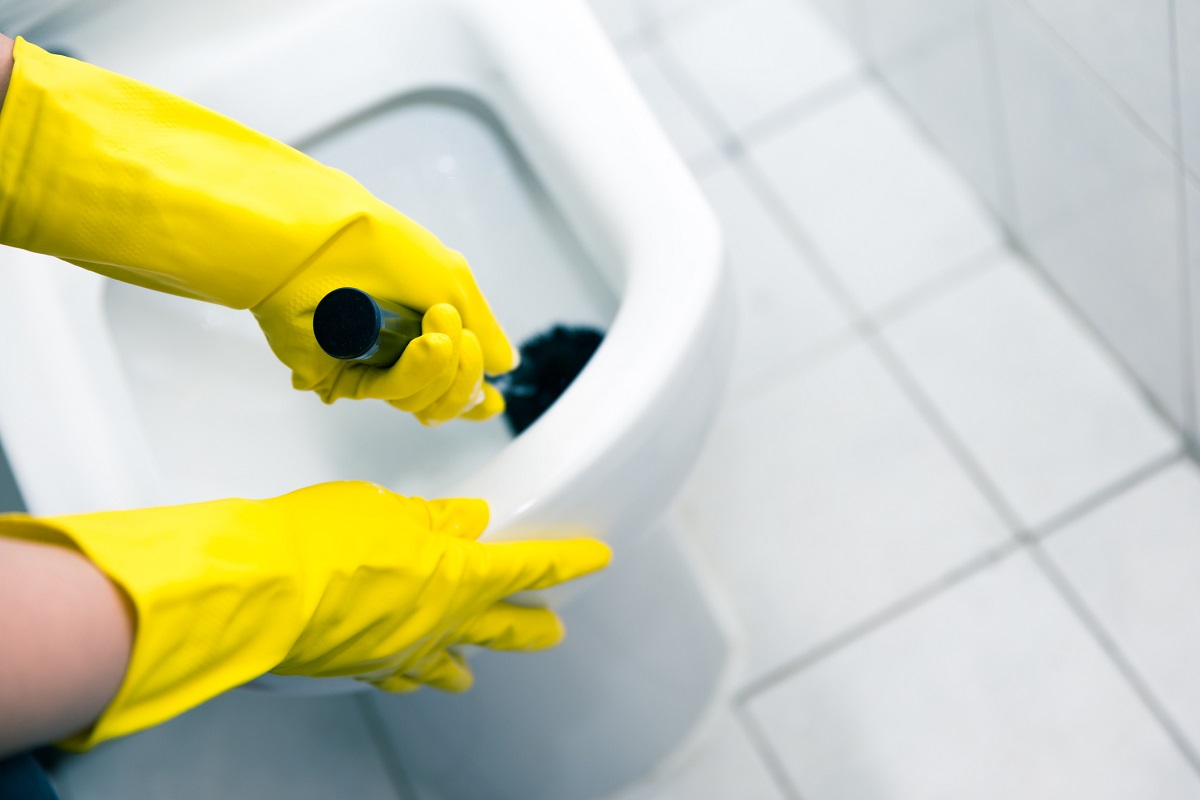
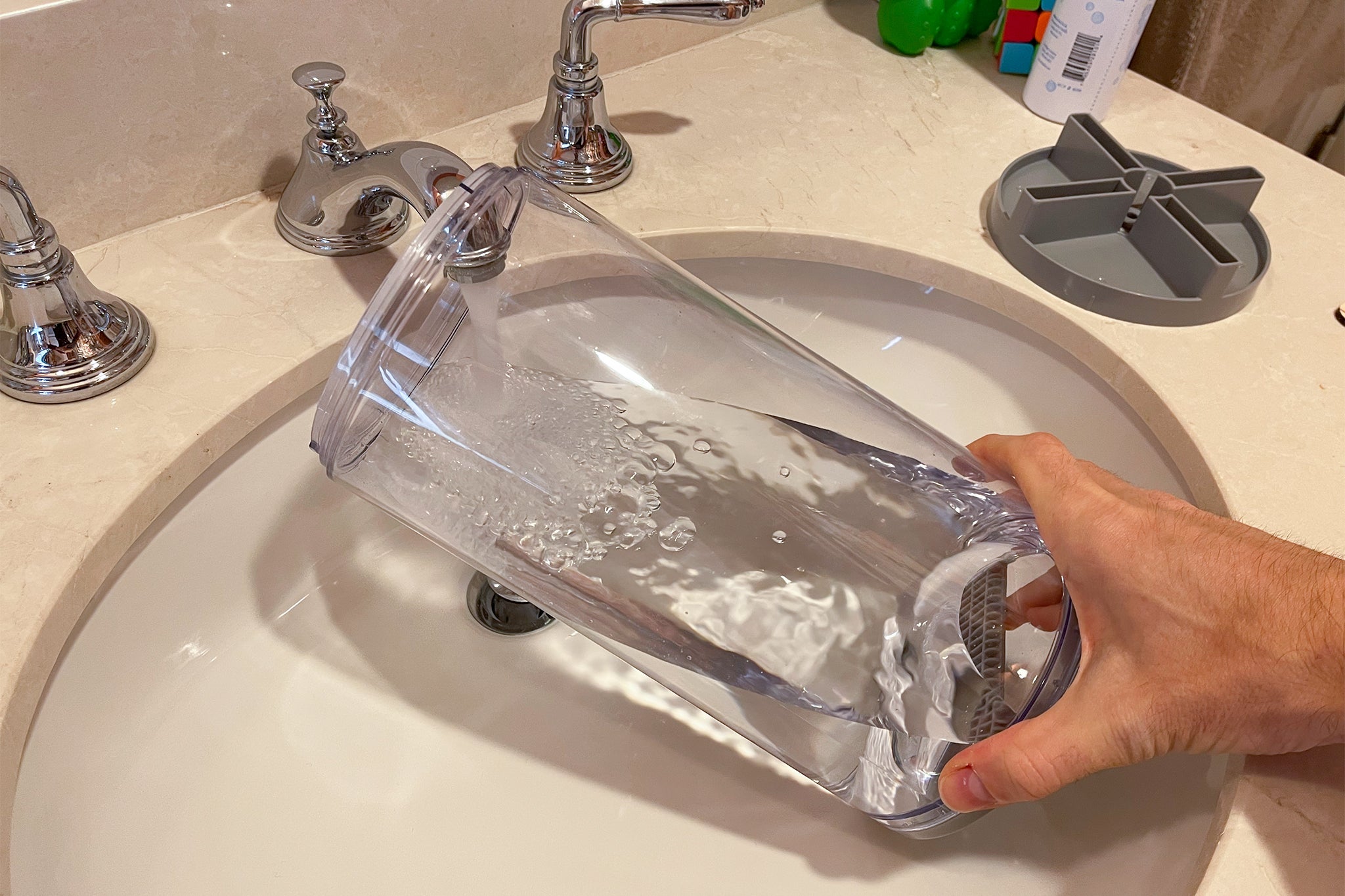
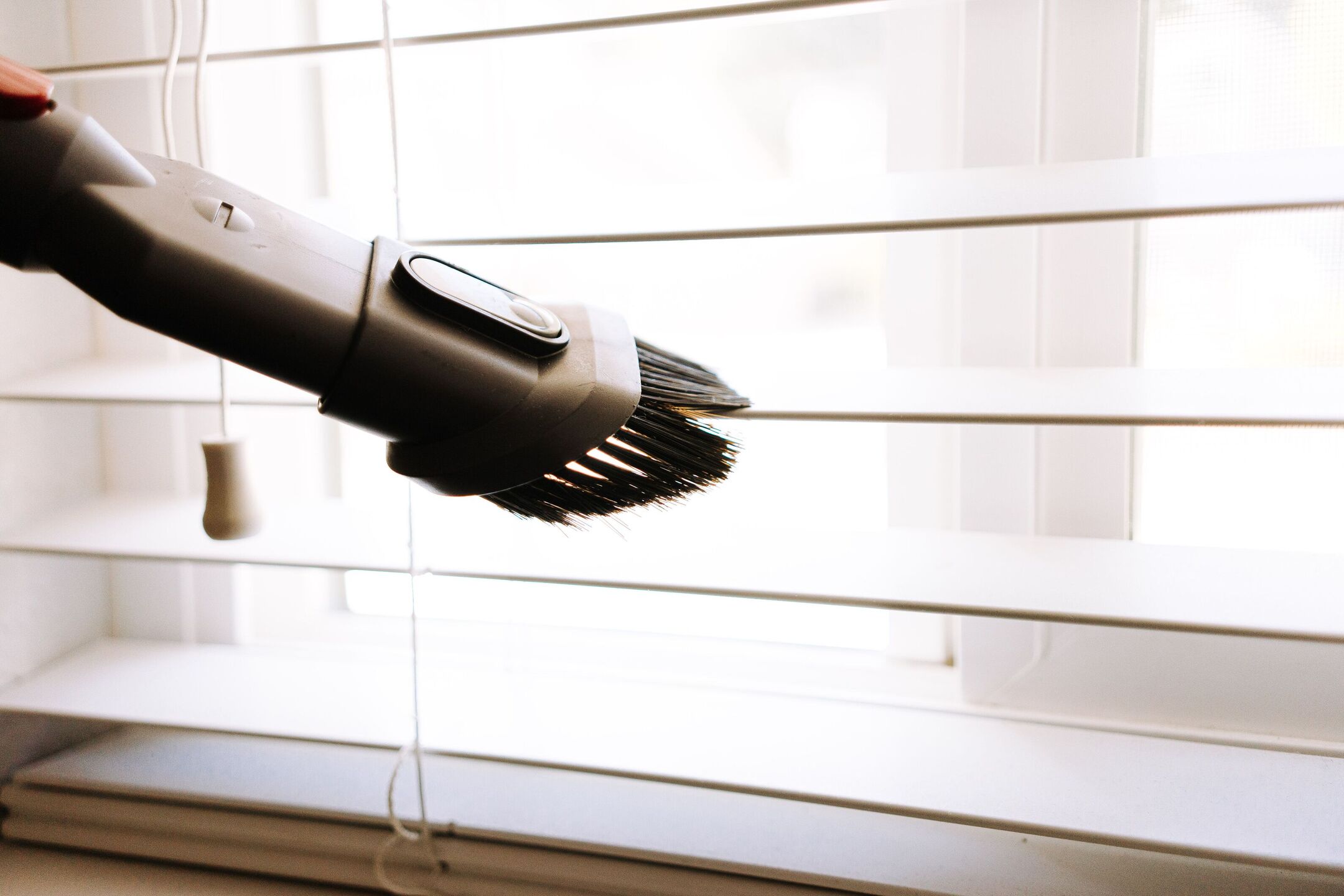
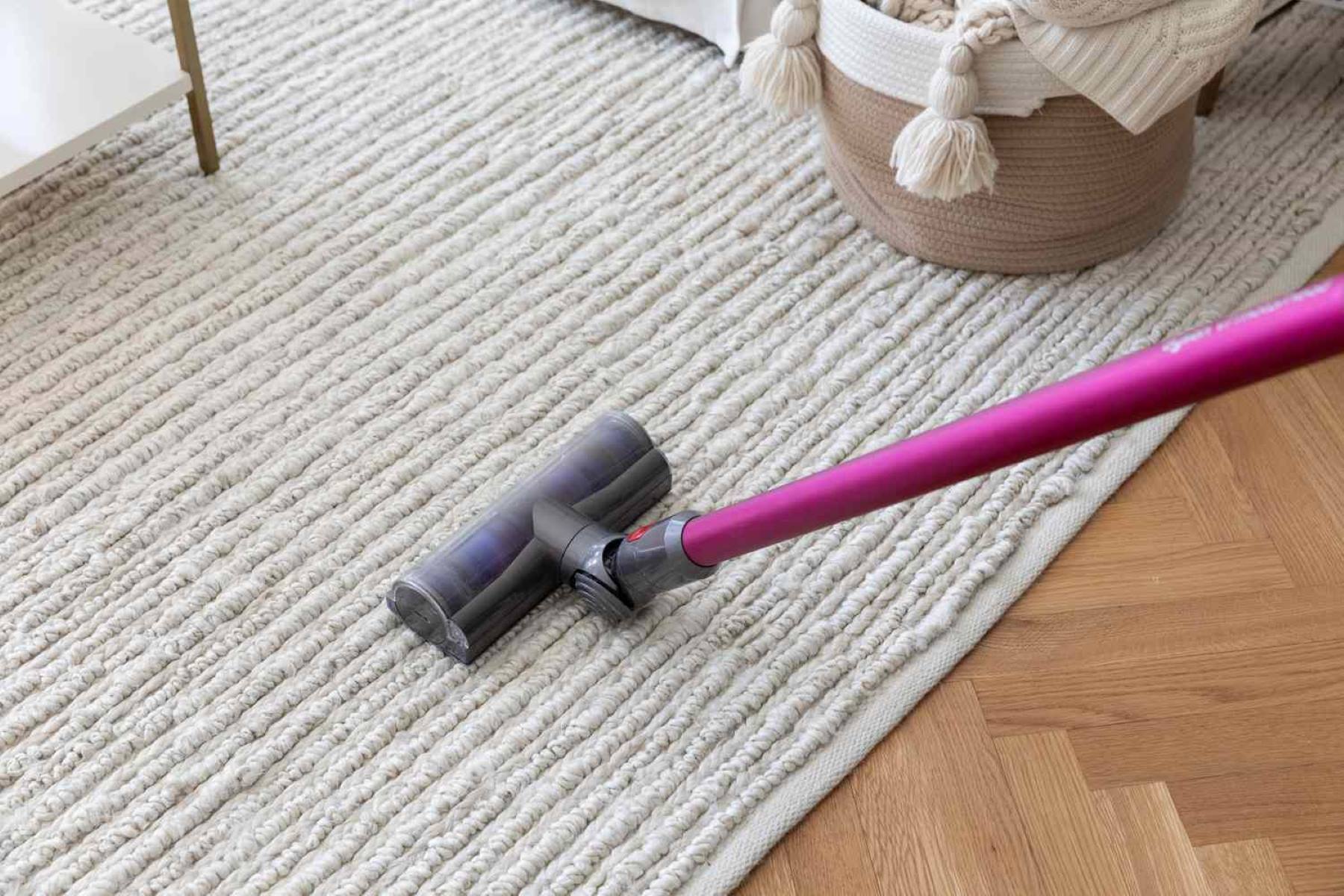

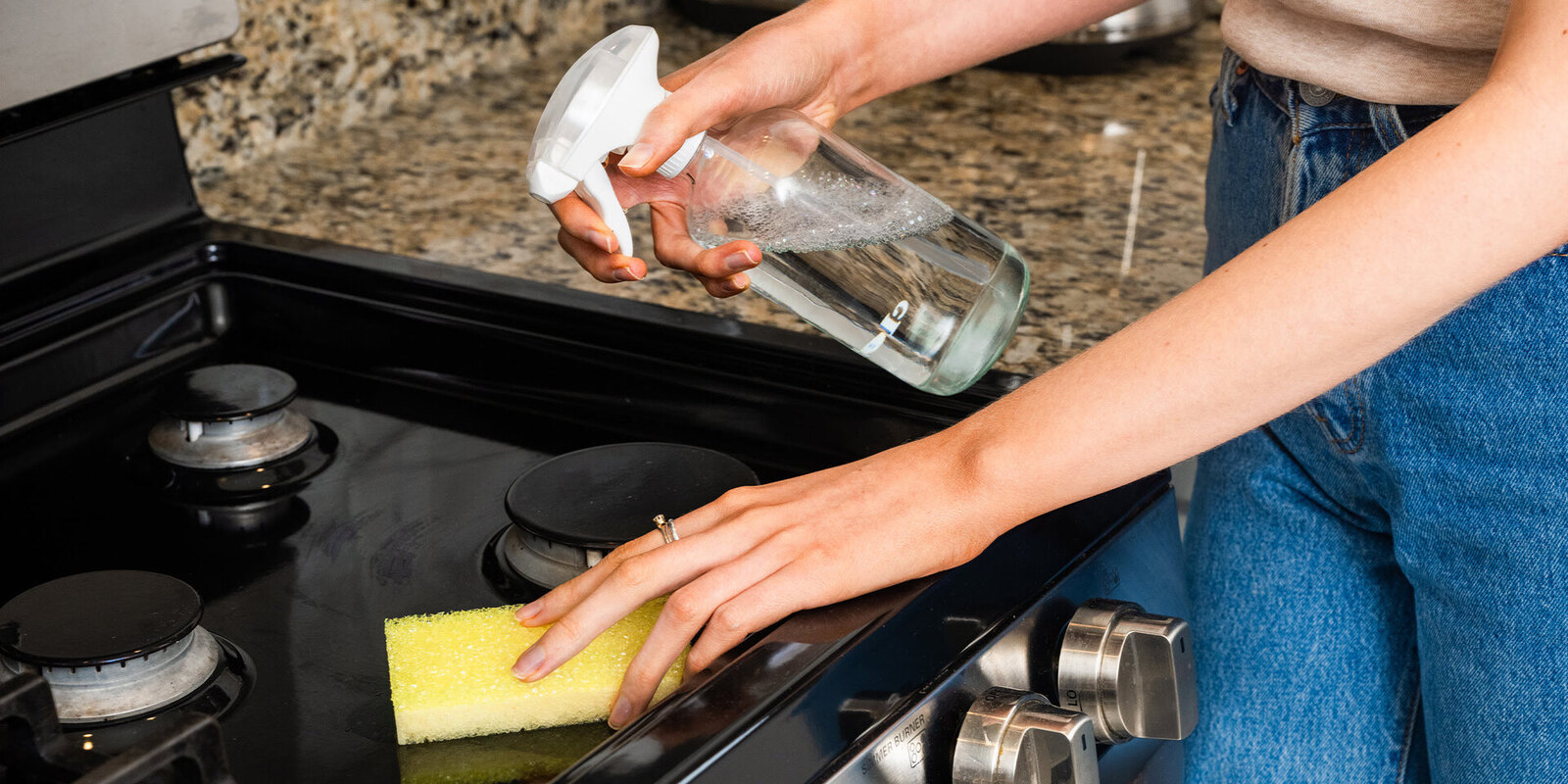
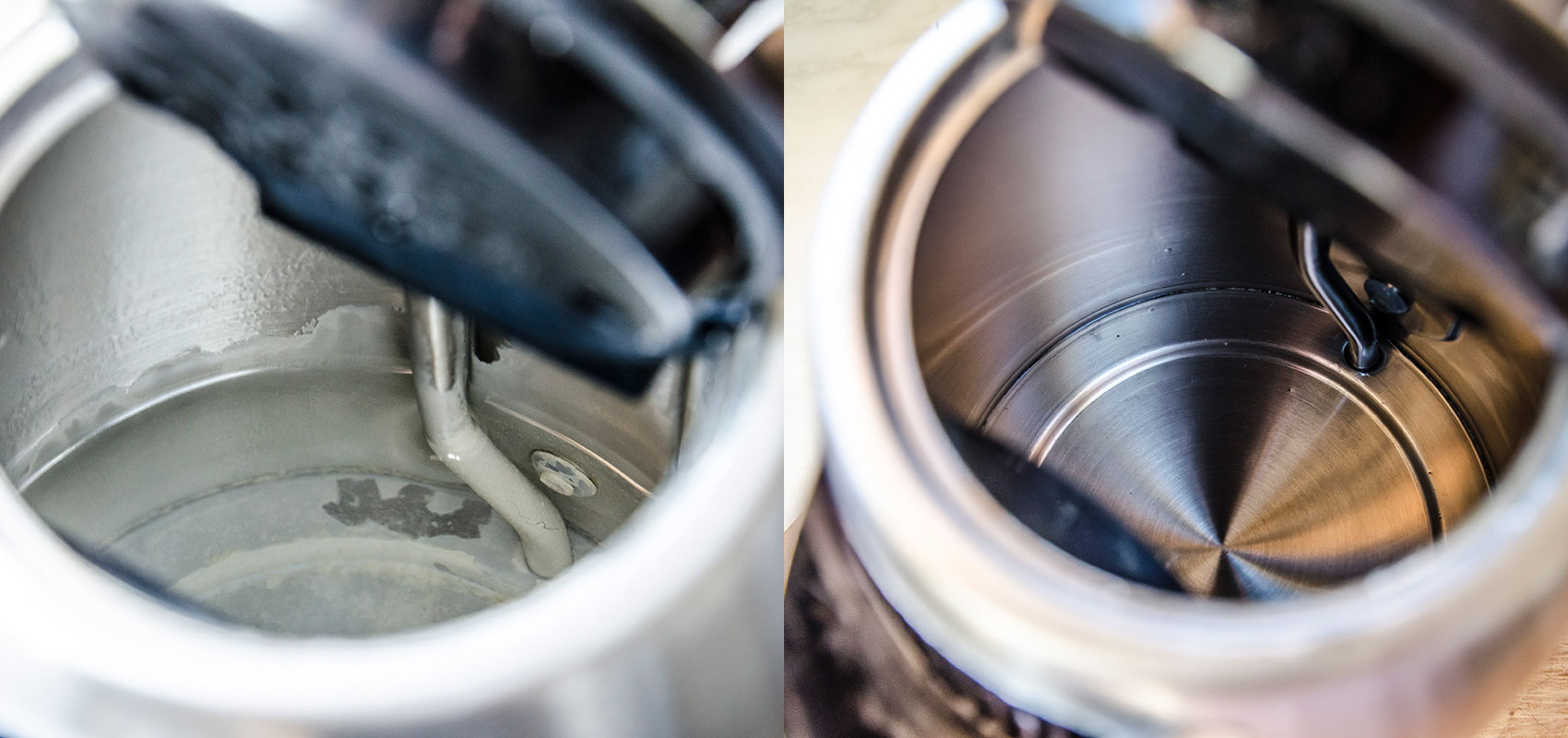
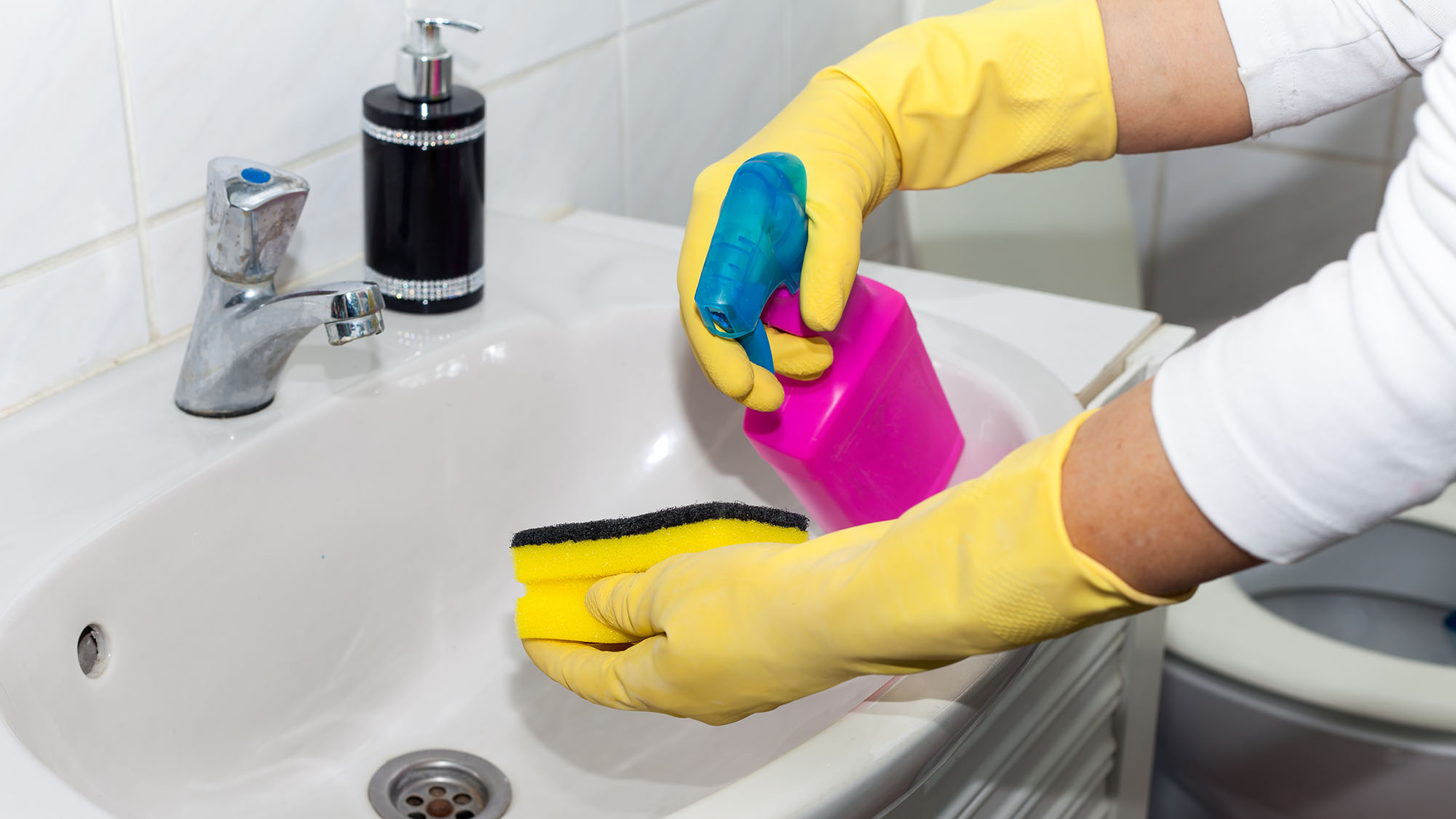
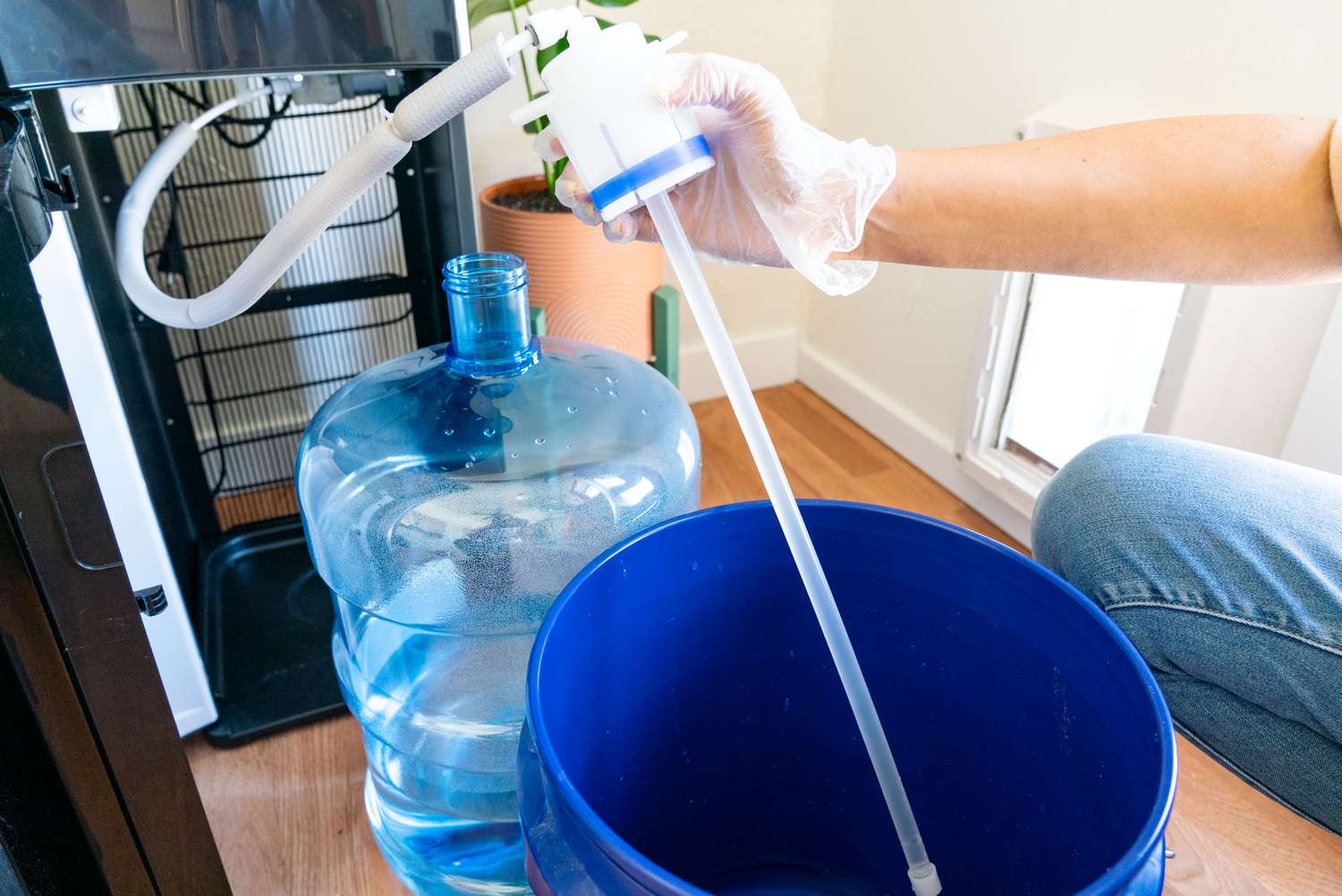
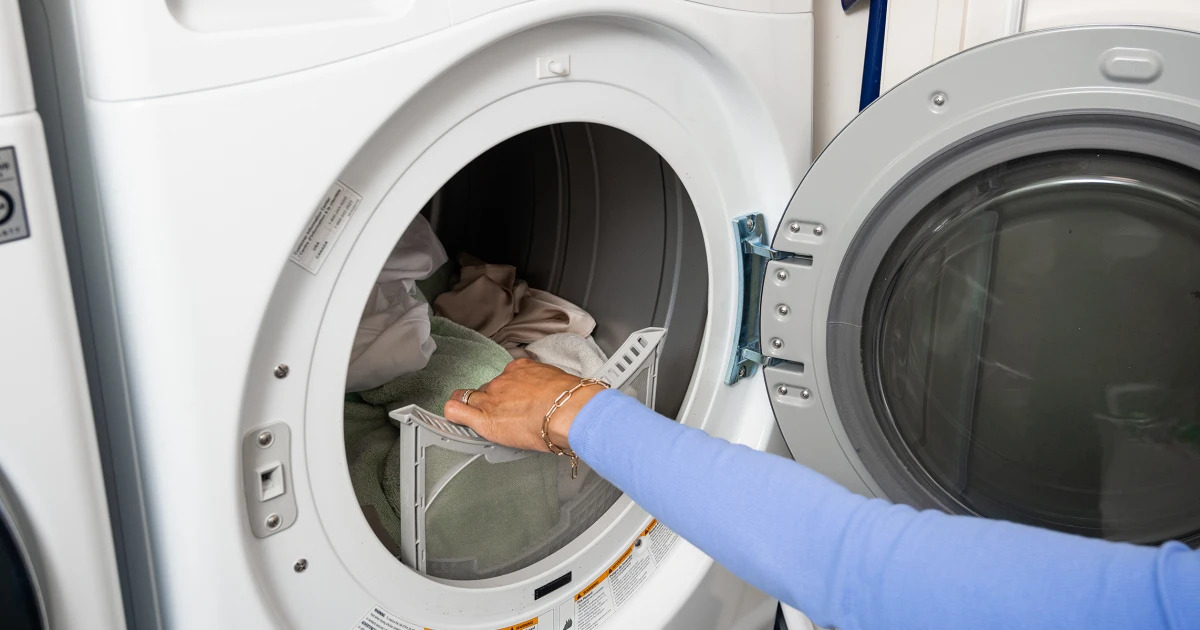
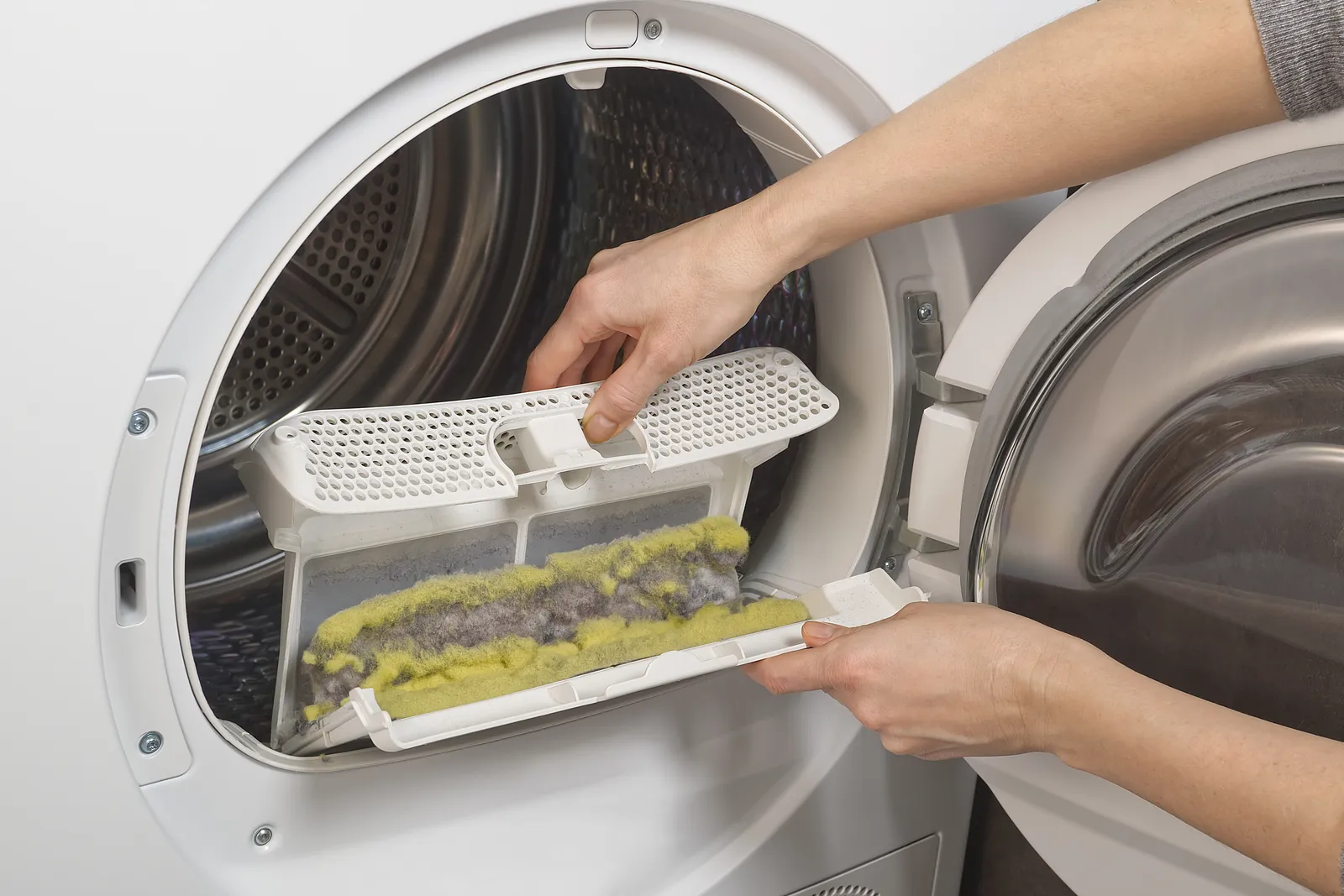

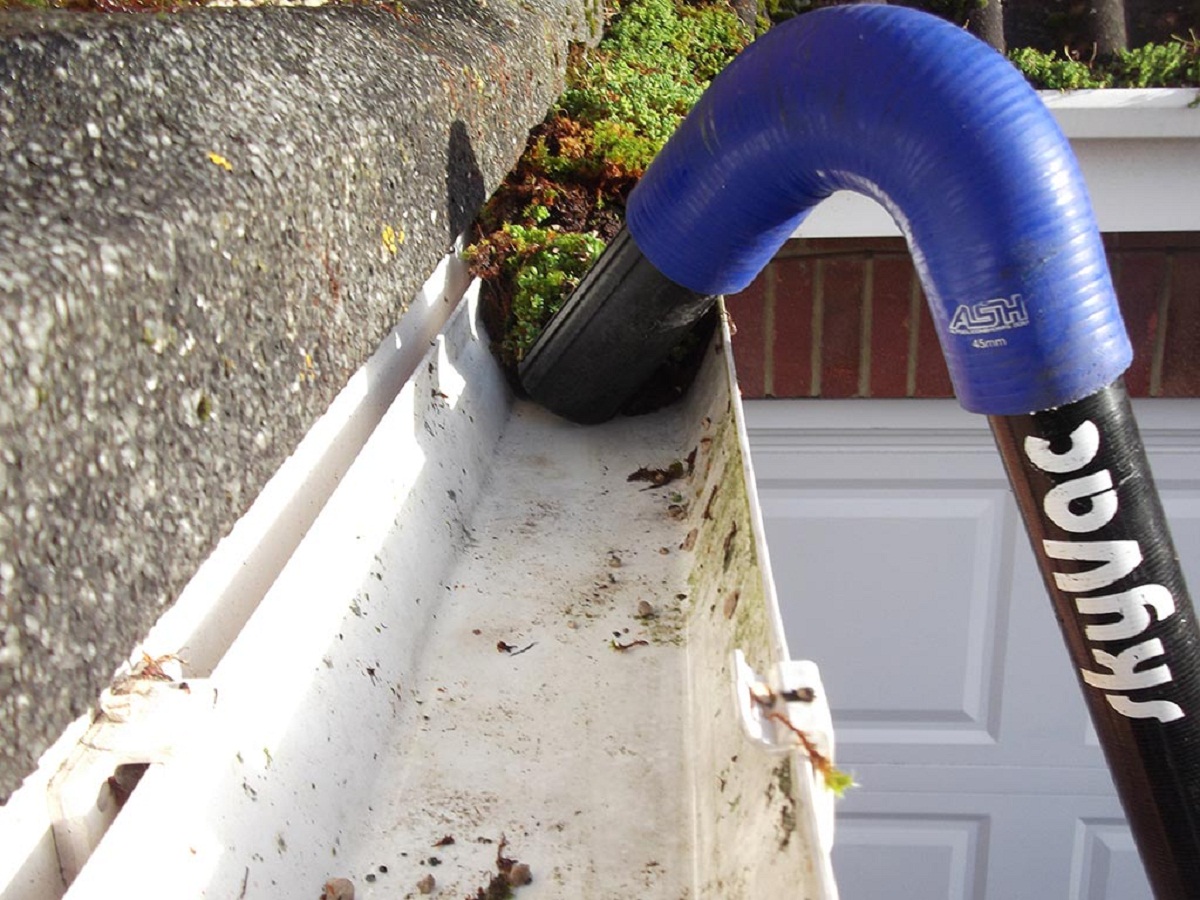
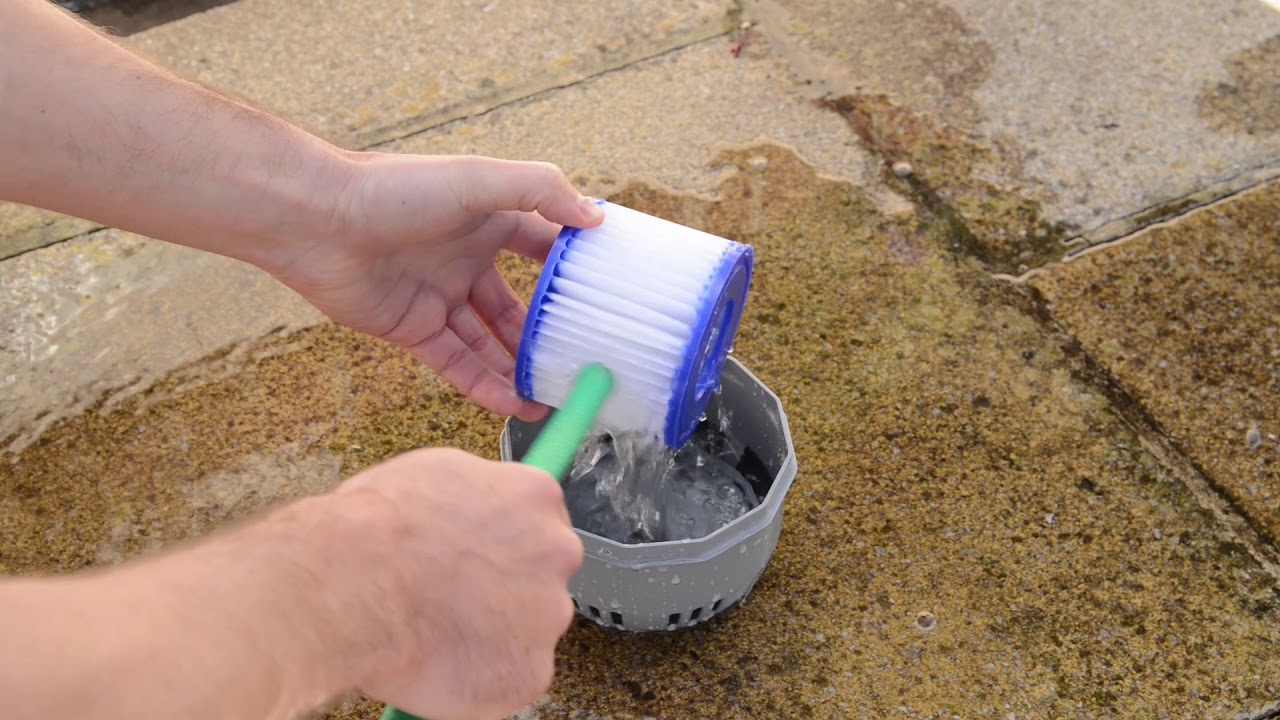

0 thoughts on “How Often Should You Clean Dishwasher”